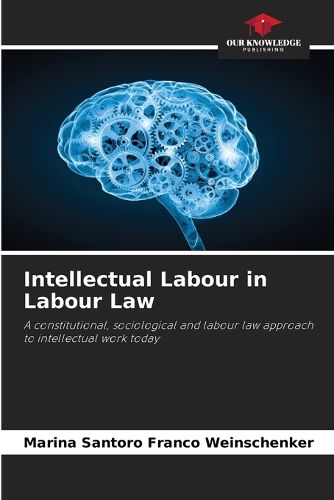Intellectual Labour in Labour Law
Marina Santoro Franco Weinschenker

Intellectual Labour in Labour Law
Marina Santoro Franco Weinschenker
Labour law determines that there is no distinction between work of an intellectual, technical or manual nature, according to article 7, item XXXII of the Federal Constitution. However, the changes suffered in the world of work today have been notorious and constant, whether due to the advent of new technologies or the growing development of the service sector. A study of the history of this branch of the law reveals that its origins are linked to industrial labour, so the protective rules still in force are mainly aimed at protecting the health and physical integrity of the employee. This fact is also verified by sociological theories that reveal the phenomenon of the loss of the centrality of work. This is how the concern to decipher the scope of the constitution's rule of non-discrimination between types of work emerges. This is because there seem to be indications that this rule should be interpreted as part of the principle of equality as non-discrimination. To this end, it is imperative to analyse the current constitutional panorama in order to find out how this interpretation should be made in order to support both the social constitutional objectives and the discipline of law itself.
This item is not currently in-stock. It can be ordered online and is expected to ship in approx 2 weeks
Our stock data is updated periodically, and availability may change throughout the day for in-demand items. Please call the relevant shop for the most current stock information. Prices are subject to change without notice.
Sign in or become a Readings Member to add this title to a wishlist.


